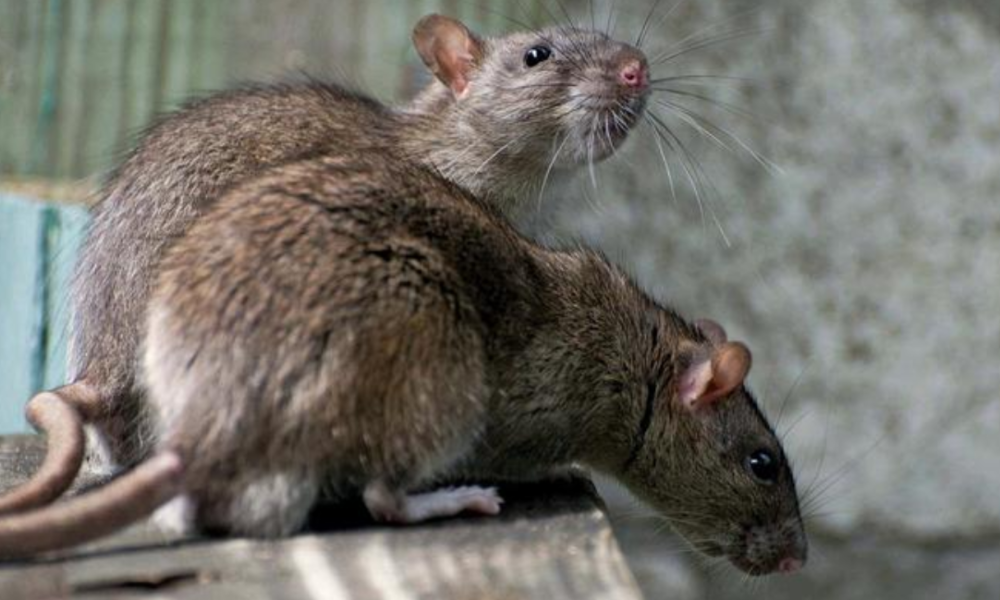Rats are not just a nuisance; they can also pose serious health risks to humans. Here are some of the deadly diseases that can be caused by rats in your house: …Click Here To Continue Reading>>
1. Hantavirus: This is a potentially life-threatening virus that can be transmitted to humans through contact with rodent urine, droppings, or saliva. Inhaling dust contaminated with the virus can lead to Hantavirus Pulmonary Syndrome (HPS), which can cause severe respiratory distress and has a high mortality rate….Read Full Story.>>>
2. Leptospirosis: Rats can carry the bacterium Leptospira, which can be excreted in their urine. If humans come into contact with water, soil, or food contaminated with rat urine, they can contract leptospirosis. This disease can cause a wide range of symptoms, from mild flu-like illness to potentially fatal complications such as kidney damage and liver failure.
3. Salmonellosis: Rats are known carriers of Salmonella bacteria, which can contaminate food and water sources in homes. Ingesting food or water contaminated with rat feces can lead to salmonellosis, causing symptoms such as diarrhea, abdominal cramps, fever, and vomiting. In severe cases, it can lead to dehydration and require hospitalization.…Click Here To Continue Reading>>
4. Plague: While historically associated with rats and fleas, cases of plague transmitted directly from rats to humans are rare today. However, it is still possible for rats to carry the bacterium Yersinia pestis, which can cause bubonic, septicemic, or pneumonic plague in humans if transmitted through bites or scratches from infected rats.
5. Rat-bite fever: This infectious disease can be transmitted to humans through bites or scratches from infected rats or through contact with their urine or droppings. Symptoms of rat-bite fever include fever, vomiting, headache, muscle pain, and rash. If left untreated, it can lead to more severe complications such as joint pain and endocarditis.
Preventing and controlling rat infestations in and around the home is crucial to reducing the risk of these diseases. This includes sealing entry points, keeping food stored in rodent-proof containers, maintaining cleanliness, and employing professional pest control measures if necessary. If you suspect a rat infestation in your home or experience any symptoms after potential exposure to rats, seek medical attention promptly. Taking proactive measures to keep rats at bay can help safeguard your family from these dangerous diseases.
…Click Here To Continue Reading>>
…Click Here To Continue Reading>> …Click Here To Continue Reading>> …Click Here To Continue Reading>>







